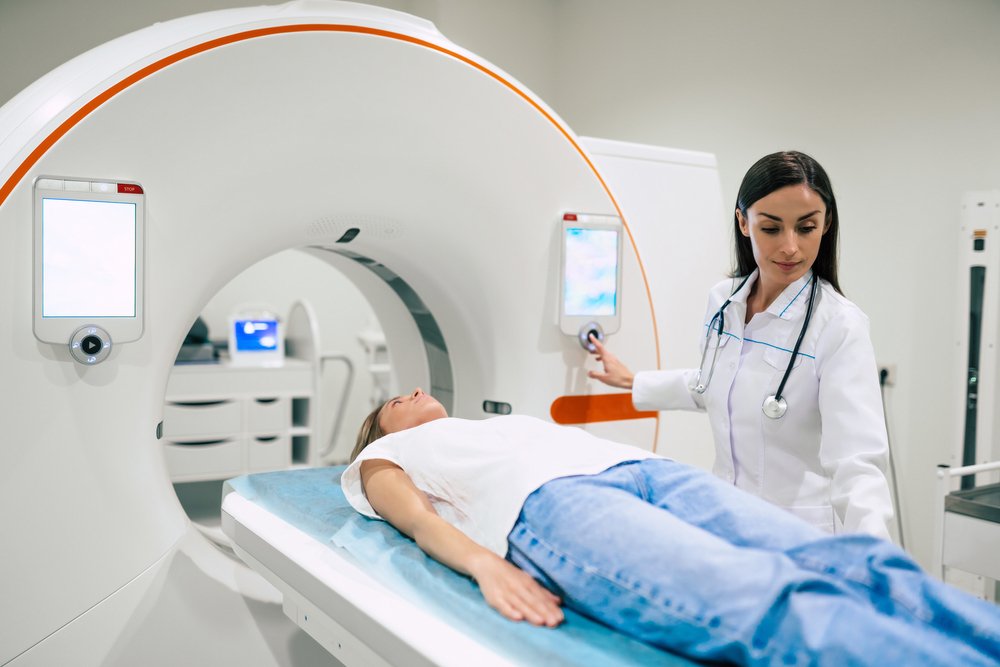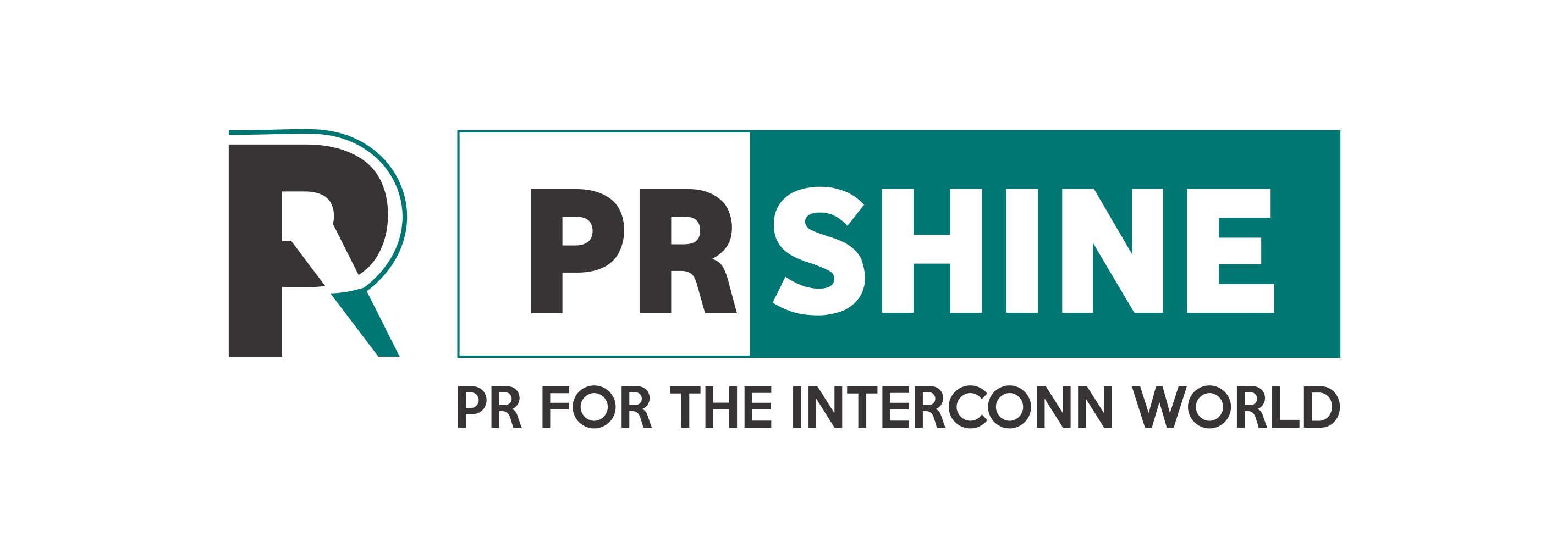MRI Scan and Breast MRI: What You Need to Know
MRI Scan and Breast MRI: What You Need to Know

Magnetic Resonance Imaging (MRI) is a non-invasive imaging technique that uses powerful magnets, radio waves, and a computer to produce detailed images of internal body structures. This technology has revolutionized the diagnosis and treatment of various medical conditions, including breast cancer. However, there have been concerns about the safety of MRI scans, especially breast MRI. In this article, we will explore the safety of MRI scans and whether breast MRI is safe or not and finding the MRI scan near me.
MRI Scan: What is it?
MRI scans use a magnetic field and radio waves to create detailed images of the body's internal organs and tissues. Unlike X-rays and CT scans, MRI scans do not use ionizing radiation, making them a safer option for patients. MRI scans can detect a wide range of medical conditions, including tumors, infections, and injuries.
Are MRI Scans Safe?
MRI scans are generally considered safe and do not pose any significant health risks to patients. Unlike other imaging techniques that use ionizing radiation, MRI scans do not expose patients to radiation. However, MRI scans are not recommended for patients with certain medical conditions, such as patients with pacemakers, cochlear implants, or metallic implants. Patients with metal implants in their body may experience discomfort or pain during the MRI scan, and the implant may also be damaged.
Breast MRI: What is it?
Breast MRI is a type of MRI scan that is used to detect breast cancer. Breast MRI is usually recommended for women with a high risk of breast cancer or for women who have been diagnosed with breast cancer to determine the extent of the disease. Breast MRI uses a contrast agent that is injected into the patient's veins to highlight the blood vessels in the breast tissue. This allows doctors to see the blood flow in the breast tissue and detect any abnormal growths.
Is Breast MRI Safe?
Breast MRI is generally considered safe, and there are no significant health risks associated with the procedure. However, some patients may experience side effects from the contrast agent used in the procedure, such as nausea, vomiting, and allergic reactions. In rare cases, the contrast agent may also cause kidney damage, especially in patients with pre-existing kidney problems.
MRI Scan and Breast MRI: What You Need to Know
Magnetic resonance imaging (MRI) is a powerful diagnostic tool used to produce images of the internal organs and tissues of the body. It has become an essential part of medical practice, helping doctors diagnose and treat a variety of medical conditions. Breast MRI is a type of MRI scan that is used to detect breast cancer. In this article, we will explore the benefits and risks of MRI scans and breast MRI.
Benefits of MRI Scans
MRI scans offer several advantages over other diagnostic imaging techniques such as digital X-Ray and CT scans. MRI scans do not use ionizing radiation, which can be harmful to the body, making them a safer option for patients. MRI scans also produce high-resolution images of the internal organs and tissues, allowing doctors to detect abnormalities that may not be visible with other imaging techniques.
Another benefit of MRI scans is that they can detect a wide range of medical conditions, including tumors, infections, and injuries. MRI scans are also useful for monitoring the progression of certain diseases and for evaluating the effectiveness of treatments.
Risks of MRI Scans
While MRI scans are generally safe, there are some risks associated with the procedure. Patients with metallic implants, such as pacemakers or cochlear implants, may not be able to undergo MRI scans as the powerful magnetic field can cause the implant to malfunction. Patients with kidney problems may also be at risk of developing kidney damage due to the contrast agent used in some MRI scans.
Breast MRI: Benefits and Risks
Breast MRI is a type of MRI scan that is used to detect breast cancer. Breast MRI is recommended for women with a high risk of breast cancer or for women who have been diagnosed with breast cancer to determine the extent of the disease. Breast MRI produces high-resolution images of the breast tissue, allowing doctors to detect even small tumors that may not be visible on a mammogram.
However, there are some risks associated with breast MRI. The contrast agent used in the procedure can cause side effects such as nausea, vomiting, and allergic reactions. In rare cases, the contrast agent may also cause kidney damage, especially in patients with pre-existing kidney problems.
Conclusion
MRI scans, including breast MRI, are a powerful diagnostic tool used to detect a variety of medical conditions. They offer several advantages over other imaging techniques, including the absence of ionizing radiation and high-resolution images. While MRI scans are generally safe, there are some risks associated with the procedure. Patients with metallic implants or kidney problems may not be able to undergo MRI scans, and patients undergoing breast MRI may experience side effects from the contrast agent used in the procedure. If you have any concerns about the safety of MRI scans, you should speak to your doctor or healthcare provider.


 bhavik
bhavik 









